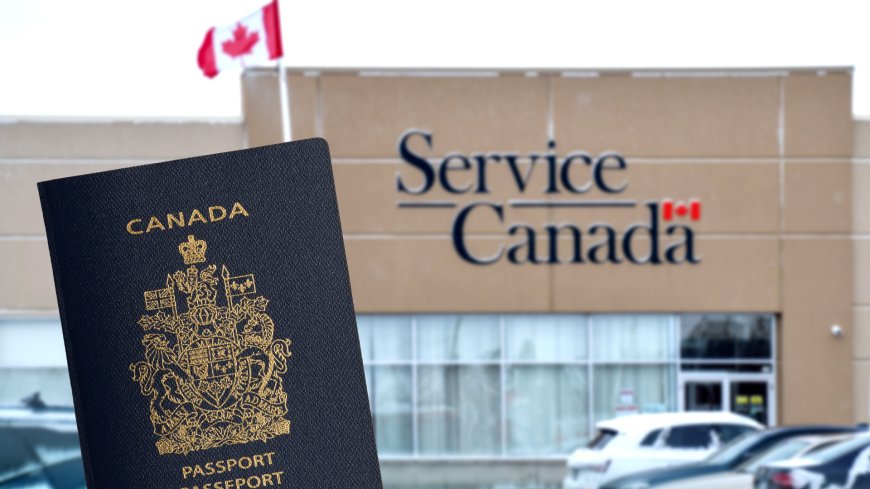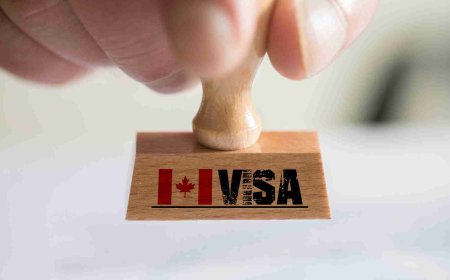Work permits and study permits serve distinct purposes and come with their own set of eligibility criteria and conditions. As such, individuals aiming to secure both permits must fulfill the requirements for each separately. For comprehensive information on study permit eligibility, visit the official webpage, and for details on work permits, another dedicated page provides guidance.
Applicants must also demonstrate their ability to balance work and study commitments effectively. This involves convincing an immigration officer through a letter of explanation, which should outline the applicant’s plan to manage their work schedule alongside their academic responsibilities. This letter is a crucial component of the application process and should be uploaded in the Client Information section of the document checklist for online applicants.
Key Considerations for Holding Dual Permits:
-
Study Without a Study Permit: In certain cases, individuals holding a valid work permit may engage in studies without the need for a separate study permit, particularly if the work permit was issued or a work authorization letter was granted on or before June 7, 2023.
-
Impact on Other Program Eligibilities: Holding both permits can influence eligibility for other programs, such as the Post-Graduate Work Permit (PGWP) program. It’s important to note that work experience gained under a study permit typically does not count towards work experience requirements for most permanent residence (PR) programs. However, the Federal Skilled Worker Program (FSWP) may allow certain Canadian work experiences acquired during study for meeting its minimum requirements, albeit not affecting the Comprehensive Ranking System (CRS) scores used in Express Entry draws.
-
Maintaining Full-time Student Status: For international students eyeing the PGWP, it's crucial to maintain full-time student status throughout their study program, even while holding a work permit, to remain eligible for the PGWP.
Navigating the complexities of holding dual permits in Canada requires careful planning and understanding of the eligibility criteria for each permit type. A well-crafted letter of explanation is key to demonstrating the feasibility of managing both work and study commitments.
For those seeking assistance in this intricate process, consulting with an immigration lawyer can provide valuable insights and guidance. These regulated professionals can offer comprehensive support, from application completion to communication with Canadian authorities, ensuring a smooth journey toward achieving both academic and professional aspirations in Canada.

 Like
0
Like
0
 Dislike
0
Dislike
0
 Love
0
Love
0
 Funny
0
Funny
0
 Angry
0
Angry
0
 Sad
0
Sad
0
 Wow
0
Wow
0







































































